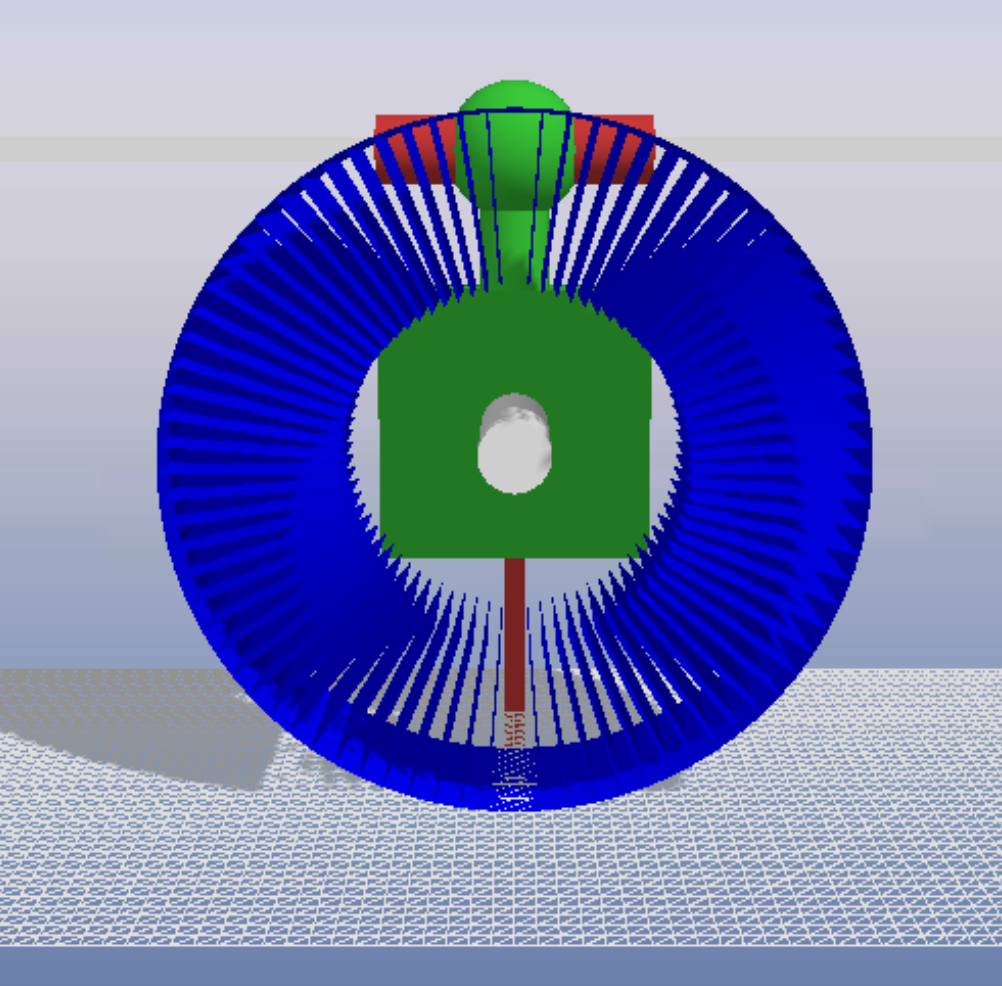GPU-Based Linear Solvers for Multibody Dynamics
High-performance computing acceleration for large-scale mechanical systems
As part of my research at the Simulation-Based Engineering Lab (UW–Madison), I contribute to the development of GPU-accelerated linear solvers for multibody dynamics (MBD) simulations. This work focuses on leveraging parallel computing architectures to solve large-scale mechanical systems efficiently.
Key Contributions:
- GPU Solver Implementation: Integrated CUDA-based sparse linear solvers specifically designed for the constraint matrices encountered in multibody dynamics formulations.
- Performance Analysis: Conducted comprehensive benchmarking studies to compare GPU solvers with traditional CPU-based approaches, resulting in significant performance improvements for large-scale systems.
- Integration with Chrono: Working on integrating GPU solvers into the Project Chrono ecosystem, facilitating scalable simulations of complex mechanical systems comprising thousands of bodies and constraints.
- Memory Optimization: Implemented memory-efficient data structures and algorithms to manage the sparse, often ill-conditioned matrices prevalent in multibody dynamics problems.

Performance comparison of GPU-based vs CPU-based linear solvers for multibody dynamics applications.
This research demonstrates the potential of GPU computing to dramatically accelerate multibody dynamics simulations, enabling real-time analysis of complex mechanical systems and supporting next-generation simulation-based design workflows.